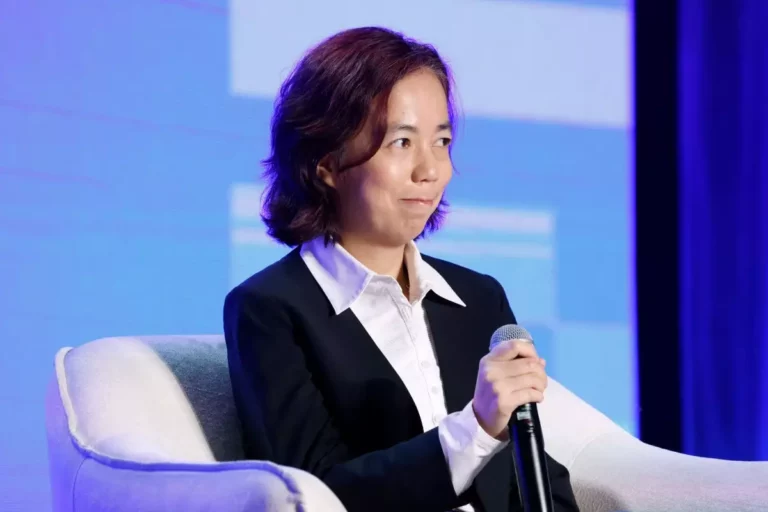The world of artificial intelligence (AI) is evolving at an unprecedented pace, with cloud providers vying for the attention of pioneering startups that promise to shape the future of technology. Among these emerging players is World Labs, founded by renowned AI expert Fei-Fei Li, which recently made waves by partnering with Google Cloud for its computing needs. As the demand for powerful AI models escalates, strategic alliances like this stand to redefine the landscape of cloud services and AI development.
World Labs represents a significant development in the AI startup arena, aiming to build sophisticated, multimodal AI models capable of processing and generating diverse forms of data, including video and geospatial inputs. This ambition has garnered the startup substantial financial backing, evidenced by its recent $230 million funding round that valued the company at over a billion dollars. The collaboration with Google Cloud positions World Labs to leverage cutting-edge technology while addressing an essential component of AI development: computational power.
A Tailored Computing Solution for Ambitious AI Models
At the core of World Labs’ mission is the training of “spatially intelligent” AI models—an endeavor that inherently demands vast computational resources. As affirmed by James Lee, the General Manager of Startups and AI at Google Cloud, the technology and infrastructure provided by Google will be instrumental in aiding World Labs to scale its operations. By using Google’s AI-optimized infrastructure, World Labs can tap into powerful GPU servers, vital for training complex AI models.
However, it is pivotal to acknowledge that while Google Cloud’s historical relationship with Fei-Fei Li cannot be disregarded, the company’s insistence that this partnership was not solely a result of her ties raises questions about the competitive nature of cloud services. The truth is, the cloud market has become intensely competitive, marked by partnerships that could easily tip the balance in an industry where computing resources are becoming increasingly scarce.
The Strategic Importance of Early Relationships

As cloud service providers like Google, Microsoft, and Amazon Web Services (AWS) actively pursue high-potential AI startups, it is clear that building relationships early in a startup’s life cycle can yield significant dividends. The revenue at stake is immense; industry giants are willing to invest heavily in these collaborations, preparing for a future where AI models will demand even greater computational capacity. This prognosis makes AI-focused startups valuable assets, which, in turn, incentivizes cloud providers to foster and develop strategic partnerships.
However, the challenge remains that many startups, including World Labs, are likely to explore multiple cloud offerings to find the best fit for their ever-evolving needs. Google Cloud’s promise of exclusive resources will undoubtedly give it an advantage, but it will also need to compete with the established relationships and infrastructures of rival cloud services. Similarly, the tight supply of GPUs—from major player Nvidia, for example—means that companies must be strategically agile to navigate fluctuating resources and pricing.
World Labs’ choice to utilize GPUs for training reflects a current preference within the AI community, even as alternatives like Google’s TPUs are being developed. The cloud computing industry is currently experiencing constraints in GPU availability, prompting cloud providers to bolster their chip development capabilities. Startups benefit from this tug-of-war; each cloud provider is pressed to innovate in order to secure their partnerships.
Despite the non-exclusive nature of the deal between Google Cloud and World Labs, the industry trend highlights the importance of computational power in achieving groundbreaking innovations. For instance, Microsoft’s reported difficulty in meeting OpenAI’s growing computational demands indicates the pressure that cloud providers are under to ensure that they can deliver on expectations while fostering successful projects.
Google Cloud’s partnership with World Labs is emblematic of the evolving complexity between cloud computing and artificial intelligence. As startups increasingly rely on cloud infrastructures to fuel their growth, we can expect these alliances to shape the future of technology. The ability to maneuver through strategic partnerships and resource limitations will determine which cloud providers emerge as leaders in the AI age. Ultimately, the interplay between startups, technology, and cloud services will define how effectively these nascent AI models can be integrated into the wider technological ecosystem, paving the way for a transformational future.


Leave a Reply